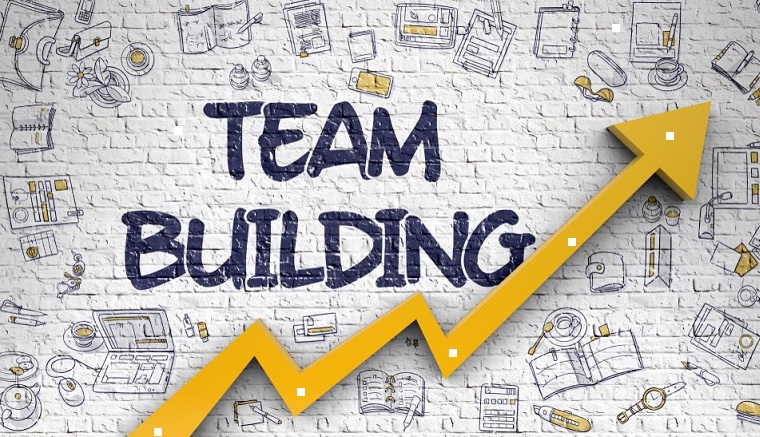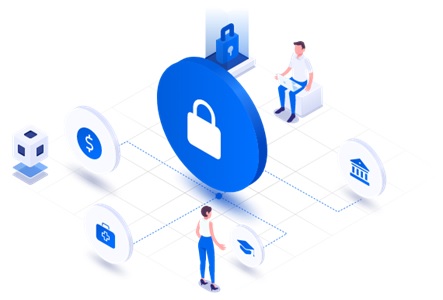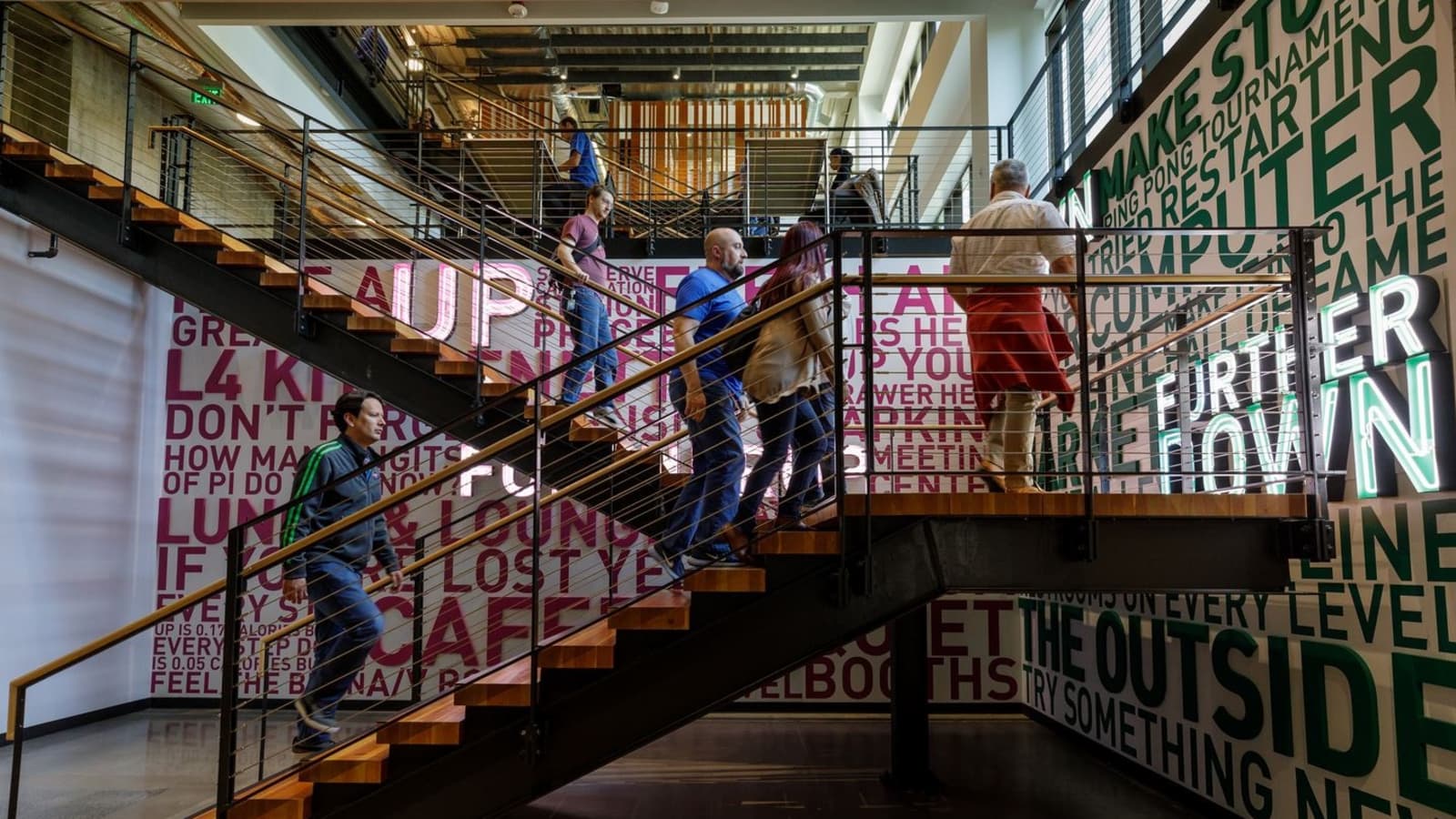73% of employers believe that team-building Exercises are invaluable. Social interaction can create lasting bonds and fosters unity in the workplace, motivating employees to share ideas in a productive setting.
Team-Building Exercises offer several scenarios to help employees improve their communication and problem-solving skills in a fun and engaging way. There are seven exercises talent coaches like Eyal Gutentag can choose from that can inspire creativity and curiosity.

Personality Assessments
In Team-Building Exercises, Each employee has a role employers assign to them based on talent, experience, and personality. Some workers prefer to collaborate, while others are more suited for an independent role. Working style assessments let employers understand their employees better by exploring their strengths and weaknesses. Group discussions can inspire empathy and diversity.
Personality assessments have a number of advantages:
Self-awareness: Individuals gain a deeper understanding of their own personality traits, preferences, and behaviors through the use of assessments. This self-awareness can facilitate personal development, improved decision-making, and enhanced interpersonal relationships.
Team dynamics: In a team or organizational setting, personality assessments can help individuals comprehend the working methods, communication preferences, and strengths of their colleagues. This knowledge improves team collaboration, efficiency, and overall performance.
Career development: Personality assessments can provide insight into a person’s strengths and preferences, enabling them to make well-informed decisions regarding their career path. Individuals can coordinate their career choices with their personality traits by understanding their natural inclinations.
Personal development: Personality assessments frequently identify areas for improvement and expansion. By recognizing these areas, individuals can concentrate on enhancing particular characteristics or behaviors, resulting in personal and professional development.
In Team-Building Exercises, It is essential to note, however, that personality assessments have limitations. They provide a summary of a person’s characteristics and preferences at a given time and should not be considered absolute or deterministic. Situational context, life experiences, and personal development can affect an individual’s behavior, which may not always correspond with assessment results.
It is recommended to interpret personality tests in conjunction with other data and to obtain professional advice when necessary. Personality assessments can be valuable tools for self-reflection, personal development, and comprehending interpersonal dynamics when used effectively.
Leadership Simulation
Engineering strong leadership for intelligent, creative individuals is an important part of managing talent and team building. Technologies that offer leadership simulation software offer interactive courses based on realistic workplace situations, encouraging them to develop technical skills. Scavenger hunt is another activity that can build good leaders.
However, In Team-Building Exercises, A leadership simulation is an experiential learning activity designed to simulate actual leadership situations and difficulties. It is a hands-on approach to leadership development that enables participants to practice and refine their leadership skills in a controlled setting.
In a leadership simulation, participants typically assume leadership roles or positions in a simulated business or organizational setting. They must navigate and make decisions regarding a variety of circumstances, problems, or complexities. The simulation frequently entails interactions with other participants playing a variety of roles, such as team members, stakeholders, or opponents.
Goals of leadership simulations:
Develop leadership skills: Individuals are able to practise and develop essential leadership skills such as communication, decision-making, problem-solving, strategic thinking, collaboration, and adaptability through simulations. By actively participating in realistic scenarios, participants can improve their leadership skills and acquire confidence.
Gain experience and feedback: Leadership simulations provide a safe and controlled environment for experimenting with various approaches and strategies and gaining feedback. Participants are able to make decisions, observe the outcomes, and receive performance feedback. This feedback enables them to refine their leadership style and abilities by identifying their strengths and weaknesses.
Understand the consequences of decisions: Simulations provide a platform for participants to experience the consequences of their decisions and actions in a risk-free environment, allowing them to gain a better understanding of the effects of their choices. They can see how their decisions affect various stakeholders, teams, and the organisation as a whole. This knowledge enables them to develop a broader perspective and make better judgements in real-world leadership situations.
Enhance cooperation and collaboration: Many leadership simulations include team-based activities that require participants to collaborate, delegate tasks, and work together to achieve common objectives. This promotes collaboration, cooperation, and the ability to effectively lead and influence others.
Develop critical thinking and problem-solving skills: Simulations frequently present participants with complex and difficult problems that require them to think critically, analyse information, and devise creative solutions. These experiences enhance their problem-solving abilities and enable them to approach challenges in the real world with creativity and agility.
Practice under pressure: Simulations frequently simulate high-pressure situations that leaders may face.
such as time constraints, resource constraints, and competing priorities.
By experiencing and coping with these pressures within the simulation, participants can develop resilience. composure, and the ability to make sensible decisions in challenging situations.
In Team-Building Exercises, There are numerous types of leadership simulations, including computer-based simulations, role-playing exercises.
case studies, and multi-day immersive experiences. Depending on the circumstances and available resources, they may be held in person or virtually.
Leadership simulations provide a dynamic and engaging approach to leadership development.
Allowing participants to learn from experience, practise skills, and reflect on their performance.
By bridging the gap between theory and practice. these simulations prepare leaders to confront the challenges of the real world with confidence and competence.
Employee Trivia
The employer sets up a meeting to host a quiz-style game. At least two weeks ahead of time, they ask their employees to send out an email answering a set of questions relating to their personal life story. The meeting can build conversation, creating deeper relationships and allowing greater opportunities for ideas to develop.
Potluck Lunches
Few people would turn down a casual gathering that offers food. Potlucks can take place to celebrate an important workplace achievement or may simply express gratitude. Specific holidays like St. Patrick’s Day or Christmas can also inspire everyone to bring and share their homemade meals to work.
Sometimes, arriving at a consensus is the best way to make decisions. Resolving conflict and encouraging employees to identify similar interests also demonstrate good problem-solving skills. Good leaders understand these insights and want their employees to develop soft skills to help clients and associates reach their goals.




